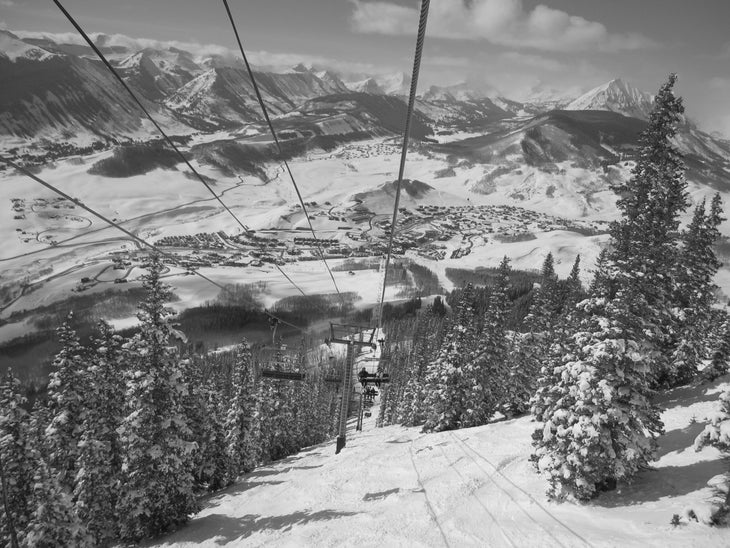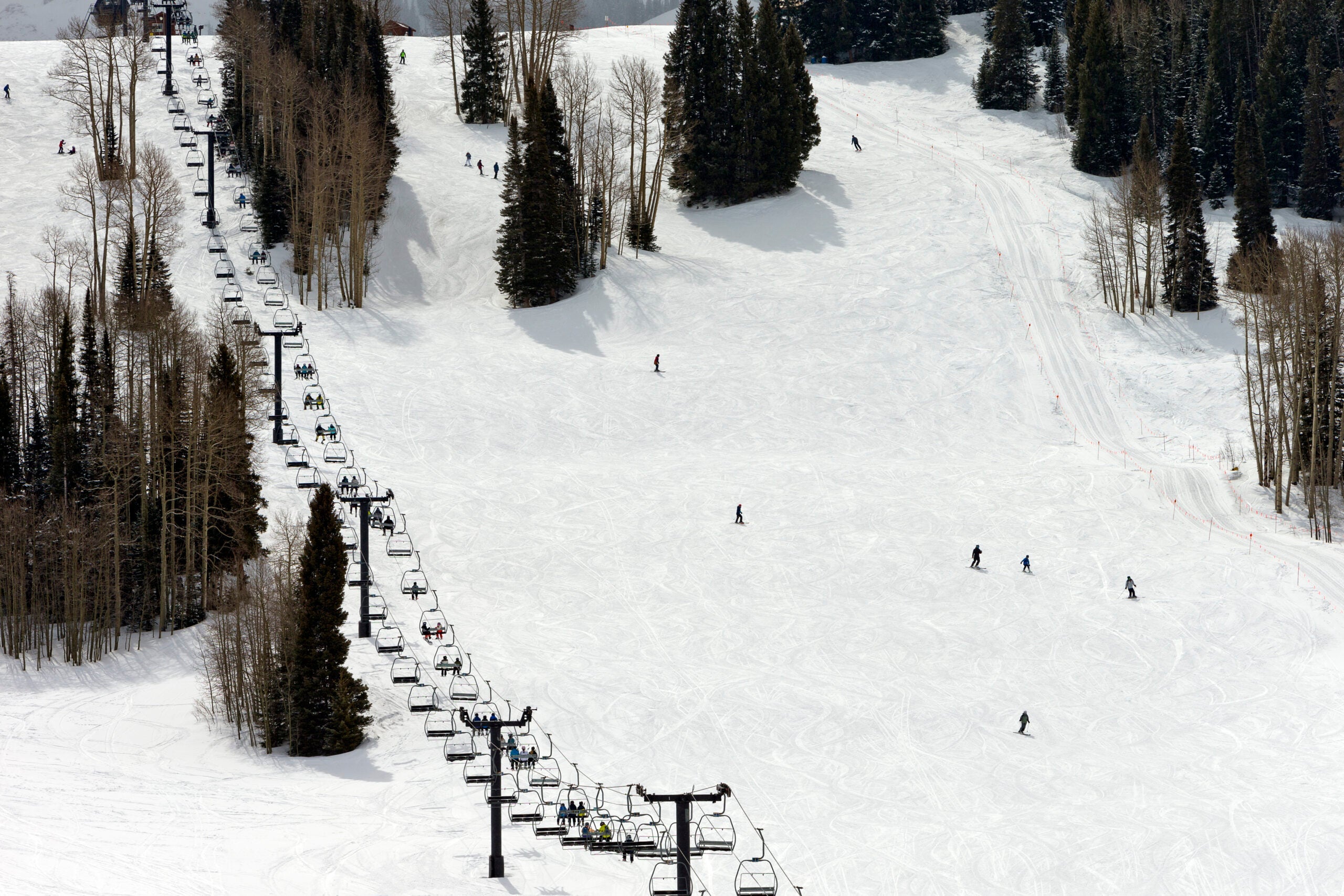A decision that just came down from the Colorado Supreme Court has the potential to disrupt the state’s ski industry. The seven justices of the state’s highest court ruled 5-2 that the broad liability waivers we all sign when we purchase our lift tickets don’t hold ski resorts immune from lawsuits in all situations.
This is the first time that the Colorado Supreme Court has taken a stance against liability waivers as blanket coverage for resort operators. The ruling has the potential to impact the resorts’ ability to get insured and can have ripple effects on consumers.
Background:
“It’s a sea change, in terms of ski areas’ responsibilities and consumers’ ability to be protected from ski areas’ negligence,” Evan Banker, a personal injury attorney at Denver firm Chalat Law . “From a consumer protection standpoint, it’s huge. Because liability breeds responsibility.”
The case in question involves a teenager who fell from a lift at Crested Butte in March of 2022. Then-16-year-old Annie Miller boarded the Paradise Express with her father, Mike. The teen wasn’t able to get properly seated and slipped from the chair, holding as it rose to 30 feet before she lost her grip and fell onto the hard pack below. Miller shattered her C7 vertebrae, suffered bruising to her heart, injured her lung, and lacerated her liver. The accident has left her paralyzed from the waist down.
The original lawsuit alleges that Mike Miller, along with onlookers standing in the lift line, screamed to get the attention of the lift operator, but no one was standing at the lift controls. They claim that Annie Miller’s injuries could have been avoided, or at least much less severe, had the lift been properly staffed, and because it allegedly was not, that Crested Butte “consciously and recklessly disregarded the safety of Annie.”
Vail Resorts, which owns Crested Butte, doesn’t comment on ongoing litigation. But in the original court documents, Vail’s lawyers invoked the liability waivers that all skiers sign when they purchase their Epic Pass lift products. These blanket waivers acknowledge that skiing is an inherently dangerous sport and that participants may not hold resort operators liable for accidents that occur on the slopes. The protection is laid out under the , and, in regards to chairlift incidents, the Passenger Tramway Safety Act. While , few have been successful enough to make it to trial.
The Millers, however, are taking aim at the part of the legislation that limits protection for the ski area if the accident was caused by negligence and purposefully risky actions on the part of the resort.
And this is where they found traction with the Colorado Supreme Court.
“After determining that that claim states a viable negligence per se claim,” the justices , “we further conclude, as a matter of first impression, that Crested Butte may not absolve itself, by way of private release agreements, of liability for violations of the statutory and regulatory duties on which Miller’s negligence per se claim is based. Accordingly, we conclude that the district court erred in dismissing that claim (we, however, express no opinion on the ultimate merits of the claim).”

To distill it down, the court said that while the liability waivers protect ski areas in many instances, they don’t protect them in cases where the resort was potentially negligent—but they made an important distinction between the two different types of negligence the case addresses that were previously dismissed by the lower court. (A third, gross negligence, was not part of the appeal and thus not addressed.)
The first is “highest duty of care,” from which the justices ruled that the resorts were protected under the liability waivers, which clearly include falls from chairlifts. The second, referred to in the above ruling, is “negligence per se,” which takes place when the defendant potentially broke state law, in this case, the Passenger Tramway Safety Act, and is the one on which the Colorado Supreme Court decided that the Miller lawsuit deserves to move forward.
“We have not previously addressed this question, and, in our view, it presents a matter of significant public importance, given the broad use of liability releases in the ski industry in Colorado,” Justice Richard Gabriel wrote in the court’s opinion.
Two dissenting justices argued that there’s no meaningful difference between the two types of negligence in question, and both felt that the liability waivers were sufficient enough to quash the negligence claim and kill the lawsuit.
The Millers’ case is far from decided. The Supreme Court ruling simply allows the suit to be argued at the district court level, the results of which will be of great interest to not only the country’s ski resort operators but any business that takes people out to do inherently risky adventures such as rafting, ziplining, and mountain biking.
, the trade group that represents 21 ski areas in Colorado, is one of the entities watching this case closely. Arguing alongside Vail Resorts in the initial lawsuit, CSCUSA said that a judgment for the plaintiff could have massive effects on the ski industry, particularly around how the resorts are able to let kids experience the slopes. In its brief to the court, CSCUSA wrote that the judgment could weaken liability waivers for children, affecting a resort’s ability to get insured, which would ultimately determine whether a resort could even afford to allow kids on the lifts.
“Without the protection of releases, many smaller and low-cost providers [resorts] will not be able to provide their services to children,” the trade group wrote in the 2023 brief. “For many larger providers, without the protection of releases, they will have to increase prices.”
We all want skiing to be as accessible to everyone as possible, but not at the cost of our safety. At the end of the day, the onus is on the resorts to keep skiers safe. Needless to say, we’ll be watching this closely as it moves back to the district court in the months to come.


